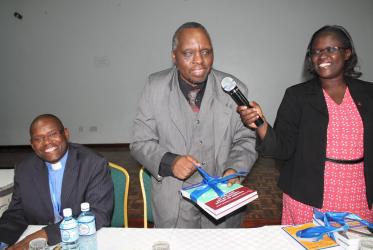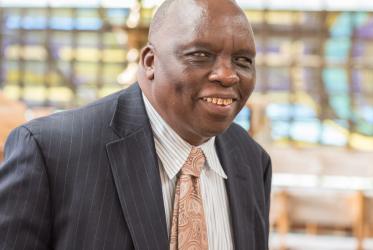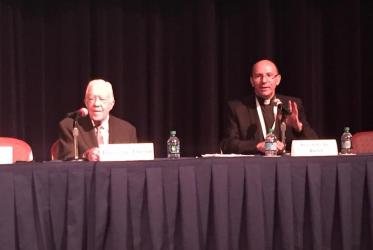Displaying 161 - 180 of 226
08 December 2016
East African communities discuss disability, theology
17 November 2016
Sam Kabue: from the village to the world with eyes wide open
27 October 2016
Humanitarian Partnership Conference focuses on inclusive practices
27 September 2016
Study group focuses on moral discernment in churches
04 August 2016
New Executive Committee members elected in Trondheim
28 June 2016
International affairs facilitator reflects on pilgrimage
31 March 2016
Symposium focuses on religion, violence, extremism
04 February 2016









